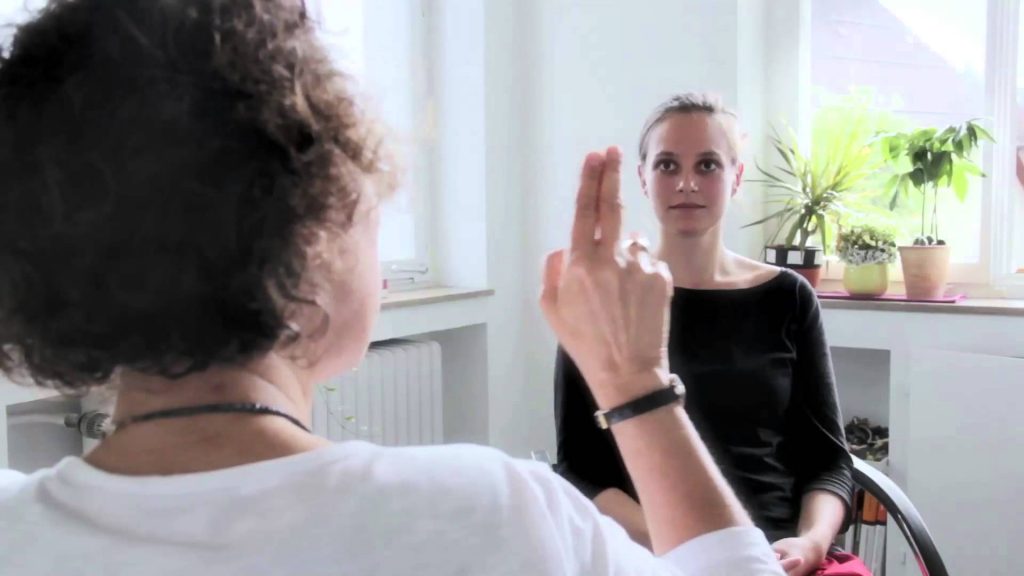All about EMDR Therapy

What is EMDR?
EMDR therapy is a clinically proven therapeutic method to help one process through trauma. In this case, trauma may be defined as a “distressing or disturbing event(s) in one’s life.” There is a common misconception that trauma means that one has a Post-Traumatic Stress Disorder (PTSD) diagnosis. The reality is that as human beings, we all have most likely endured trauma at one point or another, and can therefore benefit from EMDR therapy. Both adults and children can be utilized EMDR as a treatment. It is thought that EMDR works because it helps the brain process memories that have become “stuck” due to the trauma. When a human being encounters a disturbing or distressing situation, the brain and body are often times too overwhelmed in that moment of time to process through and store the memory. The result often times leads to the trauma getting “stuck” in the nervous system, which might change the way one perceives the world and reacts to others and self. EMDR helps one access and process through the events, facilitating recovery and healing.
The Stages and process of EMDR therapy
- History and treatment planning: The therapist will do an extensive intake and identify specific targets for EMDR therapy
- Preparation: “Safe space” and “container” will talked about, which help one establish proactive coping skills to use during the EMDR sessions.
- Phases 3-6: Assessment, Desensitization, Installation, and Body Scan. This is the part of EMDR where memories are targeted and processed through using bilateral situation.
- Closure: The client is asked to think though or notice any further disturbance that might arise throughout the week.
- Reevaluation: The EMDR treatment processes all related historical events and future events.
The first few sessions, the therapist will typically do an extensive intake to get to know and gain trust with the client. During this time, the therapist will identify “targets” (specific memories) for EMDR therapy. During the preparation phase, the therapist and the client will talk about techniques the client can use as the session comes to an end for the day, so the client leaves the session in a place of stability and regulation. During the EMDR processing, bilateral stimulation ( eye movements and use of tactile vibration) is used as the therapist will have the client recall a disturbing event. This will include the emotions, cognitions, and body sensations that go along with it. The therapist will determine the focus of each set of bilateral stimulation based upon what might be coming up for the client during processing. This process is continued until the client no longer feels that the memory is disturbing or distressing.
Myths of EMDR
- EMDR is not Hypnosis: One will be alert and awake the entire session. The therapist has specific training on EMDR therapy and will be in tune with one’s needs.
- EMDR is not just for “serious” trauma: It can be used to work through anxiety, depression, OCD, addition and various other mental health concerns. Most everyone can benefit from EMDR therapy!
- EMDR won’t start in the first session: As seen above, EMDR is multi-step process and it will be ensured that one feels comfortable with the therapy before it begins.
Schedule a FREE Consultation
We believe in an integrative and holistic approach to help you make the changes you want. Contact us now to schedule an appointment or to request a 20 minute free phone consultation. During this session, you will be invited to share your story and ask any questions you may have.
Recent Articles
Identifying Different Parenting Styles
Much like everything in life, there are differences in the way people parent their children. People often want to know…
Signs Someone You Love May Be Hiding Depression
Depression can be scary for many people. Depression can make individuals feel as though they are losing control over their…
Fighting the Good Fight with Couples Therapy
Tension and conflict are normal and even healthy parts of any relationship. Sometimes, tension and conflict work out by itself.…
What Is Family Therapy?
In any family, it is normal to have a certain level of conflict. In fact, conflict might even be healthy…





